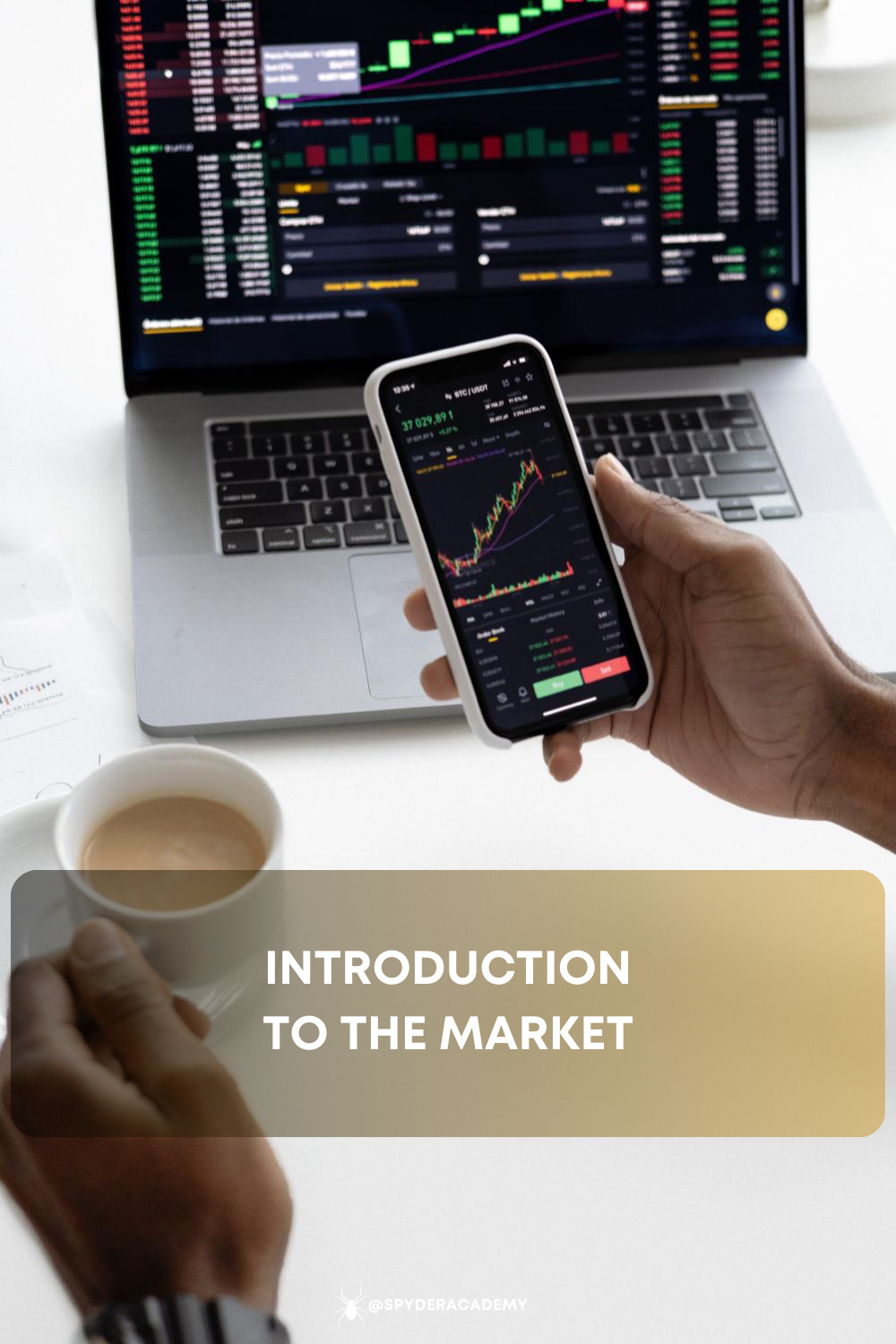The stock market refers to the collection of markets and exchanges where regular activities of buying, selling, and issuance of shares of publicly-held companies take place. Think of it as a grand marketplace for trading pieces of ownership in businesses.
When you hear people refer to the “the stock market” they’re generally talking about one of the major stock exchanges, like the New York Stock Exchange (NYSE) or the NASDAQ. It’s important to understand that these aren’t actual physical places; most trading today happens electronically.
WHY DO COMPANIES ISSUE STOCKS?
Companies issue stocks to raise money. When a company wants to grow, it might need to invest in new equipment, or hire more staff, or expand into new regions. All of these activities require capital (money), and issuing stocks is one way to get it.
This process usually starts with an initial public offering, or IPO, where a company sells shares to the public for the first time. After the IPO, these shares can be bought and sold on the stock market.
In return for buying stocks (also called shares), investors gain partial ownership in the company. This means they might get a say in how the company is run (depending on the type of stock they own), and they might also receive a portion of the company’s profits, in the form of dividends.
STOCK EXCHANGES AND HOW THEY WORK
A stock exchange is a regulated marketplace where people come together to buy and sell shares. Exchanges bring together buyers and sellers and determine the price of a stock using an auction process.
For example, let’s say you want to buy shares of Company X. You place an order through a broker, indicating how many shares you want to buy and the maximum price you’re willing to pay. This order goes to the exchange, where it’s matched with a sell order for the same stock. If the prices match, the exchange facilitates the trade.
KEY MARKET PARTICIPANTS
Several different types of participants are active in the stock market:
- Investors: These are individuals or entities buying shares in a company. They might be individuals investing for their personal portfolios, or institutional investors like mutual funds or pension funds.
- Brokers: Brokers act as intermediaries between buyers and sellers. When you want to buy a stock, you usually do so through a broker, who executes the trade on your behalf.
- Market Makers: These are firms that help ensure that trades can be executed smoothly. They do this by standing ready to buy or sell a particular stock at publicly quoted prices, which helps to keep markets liquid.
- Regulators: These are entities that oversee the stock market to ensure fair practices. In the U.S., for example, the Securities and Exchange Commission (SEC) is a key regulator.
This is a high-level overview of the stock market.
As we delve deeper into other sections, you’ll gain a better understanding of how each piece fits into the bigger picture, helping you navigate the world of investing with more confidence.




